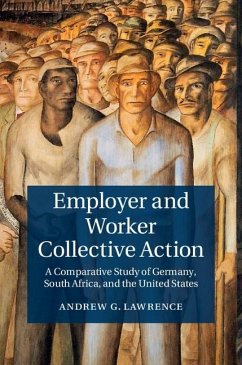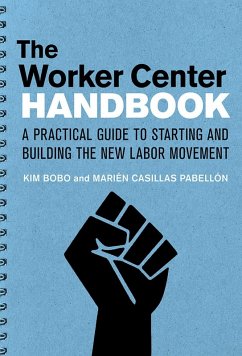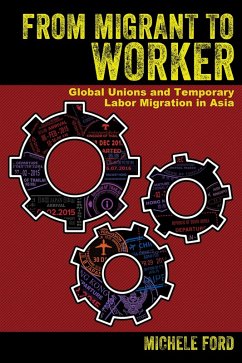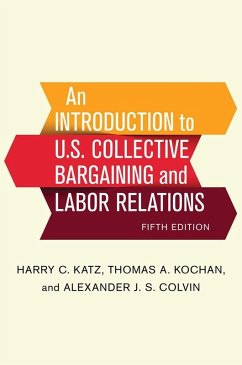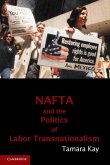This book compares sources of worker and employer power in Germany, South Africa, and the United States in order to identify the sources of comparative US decline in union power and to more precisely analyze the nature of labor-movement power. It finds that this power is not confined to allied parties, union confederations, or strikes, but rather consists of the capacity to autonomously translate power from one context to the next. By combining their product, labor market, and labor law advantages through their dominant employers' associations, leading firms are able to impose constraints on labor's free collective bargaining regionally and nationally, defeating employer interests that are more amenable to labor in the process. Through an examination of these patterns of interest organization, the book shows, however, that initial employer advantages prove to be contingent and unstable and that employers are forced to cede to more far-reaching demands of increasingly organized workers.
Dieser Download kann aus rechtlichen Gründen nur mit Rechnungsadresse in A, B, BG, CY, CZ, D, DK, EW, E, FIN, F, GR, HR, H, IRL, I, LT, L, LR, M, NL, PL, P, R, S, SLO, SK ausgeliefert werden.

